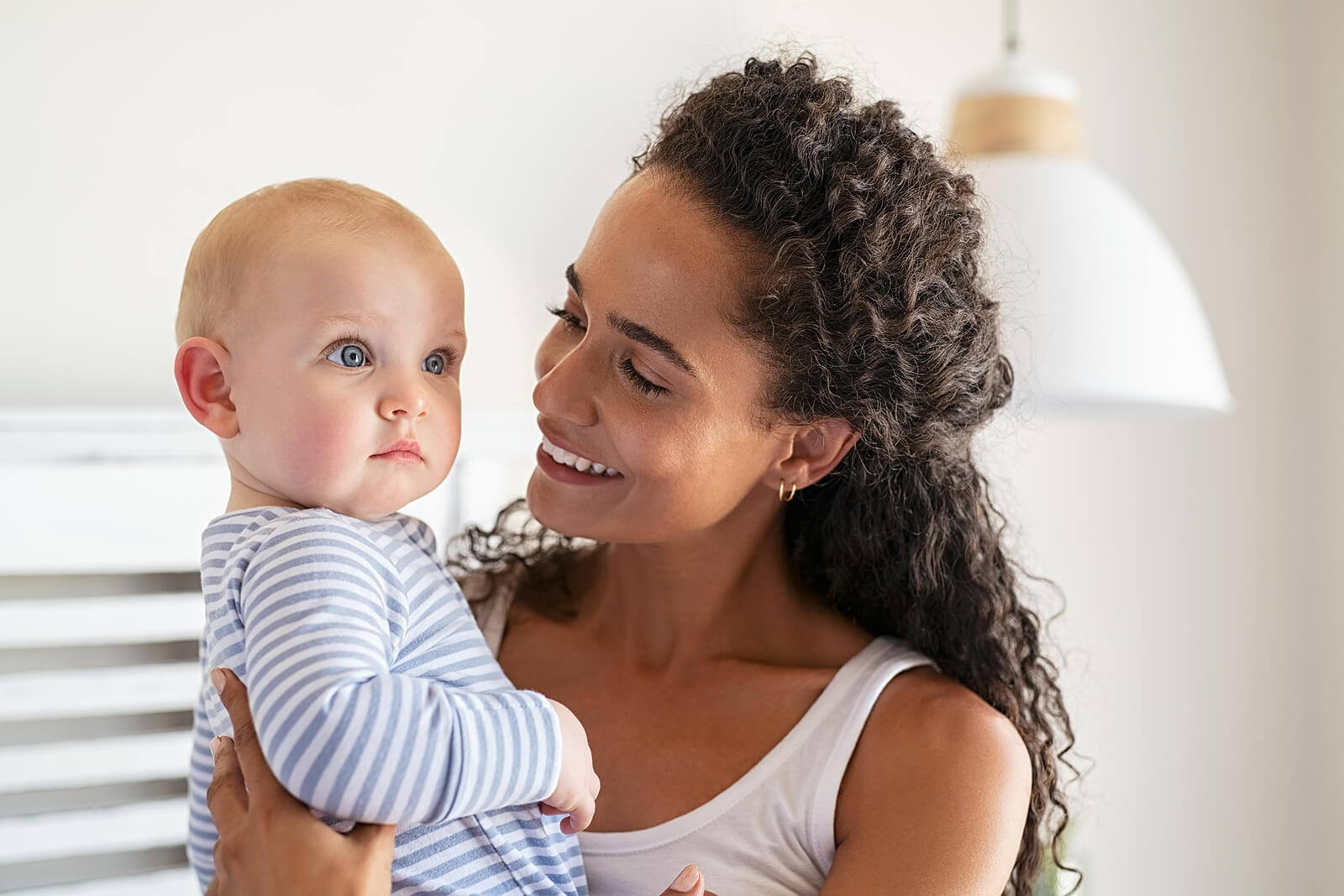
Babies are adorable little creatures that bring joy and happiness to our lives. From the moment they are born, they start developing different skills that help them grow and thrive in this world. One of the most important aspects of a baby’s development is their emotional development. Emotional development refers to a baby’s ability to experience, express, and regulate their emotions in a healthy way. It is a critical part of their overall development and can have a significant impact on their future.
Table of Contents
Stages of Emotional Development in Babies
Emotional development in babies starts from birth and continues throughout their childhood. However, there are certain stages of emotional development that are particularly important for babies. These stages include:
Stage 1: Birth to 3 Months
During this stage, babies are only able to express basic emotions such as happiness, sadness, and hunger. They rely on their caregivers to meet their needs and provide comfort when they are upset. Babies at this stage also start to develop a sense of trust with their primary caregivers.
Stage 2: 4 to 6 Months
At this stage, babies start to develop more complex emotions such as anger, frustration, and joy. They also begin to understand cause and effect and can anticipate certain events. Babies at this stage may also start to show signs of stranger anxiety as they become more aware of their surroundings.
Stage 3: 7 to 12 Months
During this stage, babies start to become more independent and may begin to crawl or walk. They also start to develop a sense of self-awareness and may become more assertive. Babies at this stage may also start to experience more intense emotions such as fear and jealousy.
Stage 4: 12 to 24 Months
At this stage, babies are becoming more communicative and are able to express their needs and wants more clearly. They also start to develop more complex emotions such as empathy and guilt. Babies at this stage may also start to show signs of separation anxiety as they become more attached to their primary caregivers.
How to Support Emotional Development in Babies
As parents or caregivers, it is our responsibility to support our babies’ emotional development. Here are some ways to do so:
1. Respond to your baby’s needs
When your baby cries, respond promptly and provide comfort. This helps your baby feel secure and builds trust between you and your baby.
2. Show affection
Hug, kiss, and cuddle your baby often. This helps your baby feel loved and nurtured, which is essential for emotional development.
3. Play with your baby
Engage in play with your baby that involves interaction and communication. This helps your baby develop social and emotional skills.
4. Provide a safe and stimulating environment
Create a safe and stimulating environment for your baby to explore. This helps your baby develop new skills and gives them a sense of independence.
5. Be a positive role model
Model positive behavior and emotions for your baby. This helps them learn how to express and regulate their own emotions in a healthy way.
FAQs: What Is Emotional Development In Babies
Q: What are some signs of healthy emotional development in babies?
A: Some signs of healthy emotional development in babies include smiling, laughing, and being able to calm down when upset.
Q: What are some signs of delayed emotional development in babies?
A: Some signs of delayed emotional development in babies include lack of interest in social interaction, lack of emotional response to others, and difficulty calming down when upset.
Q: Can emotional development be affected by a baby’s environment?
A: Yes, a baby’s environment can have a significant impact on their emotional development. Babies who grow up in a safe, nurturing environment are more likely to develop healthy emotional skills.
Q: Is it possible to promote emotional development in babies through play?
A: Yes, play is an important part of a baby’s emotional development. Play helps babies learn social and emotional skills and promotes healthy brain development.
Q: Can I do anything to help my baby develop empathy?
A: Yes, you can help your baby develop empathy by modeling empathy, responding to your baby’s needs, and encouraging them to be aware of others’ feelings.
In conclusion, emotional development in babies is a critical part of their overall development. By providing a safe and nurturing environment, responding promptly to their needs, and modeling positive behavior, we can help our babies develop healthy emotional skills that will serve them well throughout their lives.
